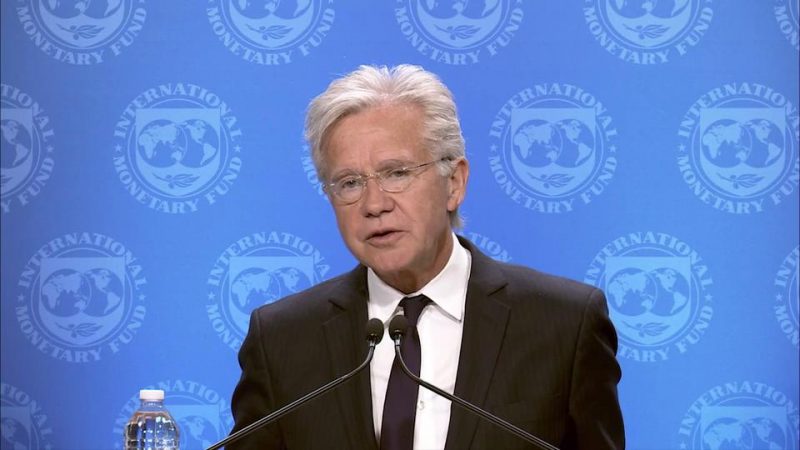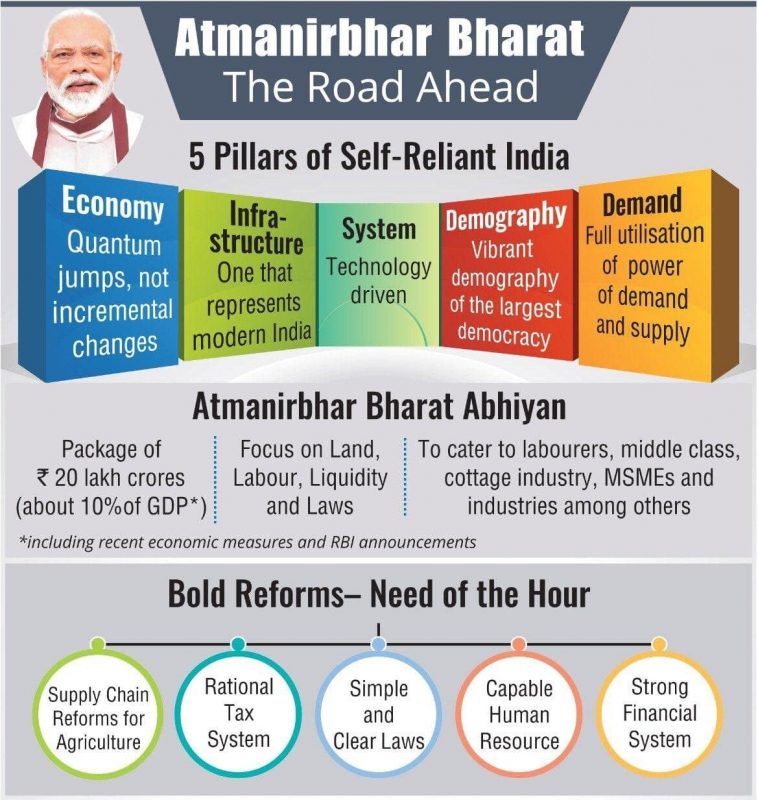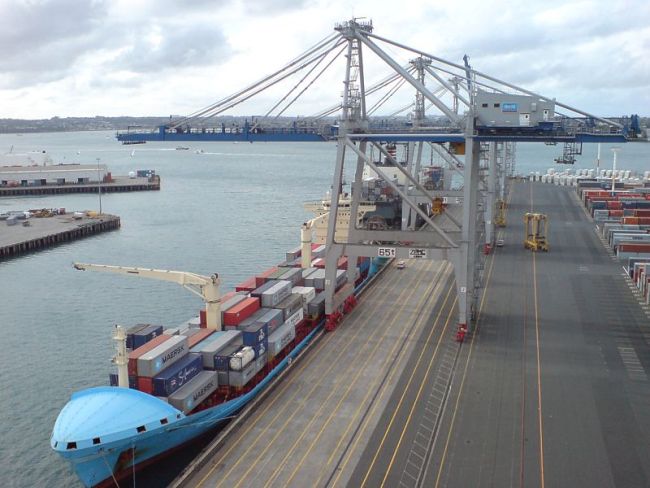
IMF Says PM Modi’s ‘Atmanirbhar Bharat’ Initiative Is Important
The International Monetary Fund (IMF) on Thursday said that India’s Atmanirbhar Bharat is an important initiative to help India cruze towards being self-reliant.
As per news agency PTI, Gerry Rice, director-communications department at IMF, said that the economic package announced in the light of coronavirus by the Indian government has supported the Indian economy and mitigated significant downside risks.

“To achieve the stated ‘Make For The World’ goal in India, the priority is to remain focussed on policies that can help further integrate India in the global value chain, including through trade, investment and technology,” Rice added.

Responding to a question on PM Modi’s call for an ‘Atmanirbhar Bharat’, Rice said, “Looking ahead, as the prime minister has said, for India to play a more important part in the global economy, pursuing policies that stimulate by improving the efficiency and competitiveness of the economy is critical.’’
Also Read: Take A Sneak Peek Into Apple’s First-Ever Official Online Store In India
He further goes on to add that in order to make India a manufacturing hub and reach its ‘Make For The World’ goal, the country will have to make an investment in trade, technology before eyeing Foreign Direct investment.

Trade of goods and supply within the county’s boundaries is likely an issue that India needs to tackle first and foremost. As of now, it takes as many as 7-10 days for a shipment to reach from a factory to a port in India. This when compared with China, the East Asian country takes less than one day to transfer the goods from a factory to the port for further transportation.

Also Read: You’ll Have To See This To Beleive It But You Won’t Be Able To Believe It Once You See This
Rice further also pinpointed that India also needs to invest in health infrastructure. The doctor to citizens ratio in India currently stands at 1 doctor per 1457 people which as per WHO must be 1/1000.

He said that India would need to gradually increase total spending in the healthcare sector from the current 3.7 per cent of the GDP.
Also Read: Delete Your WhatsApp Messages Right Now Because Apparently, Navika Can Read Them All
“We have talked about those reforms before — infrastructure, land reforms, product market and labour market reforms, increasing female labour force participation, access to finance and better jobs,” Rice concluded.



